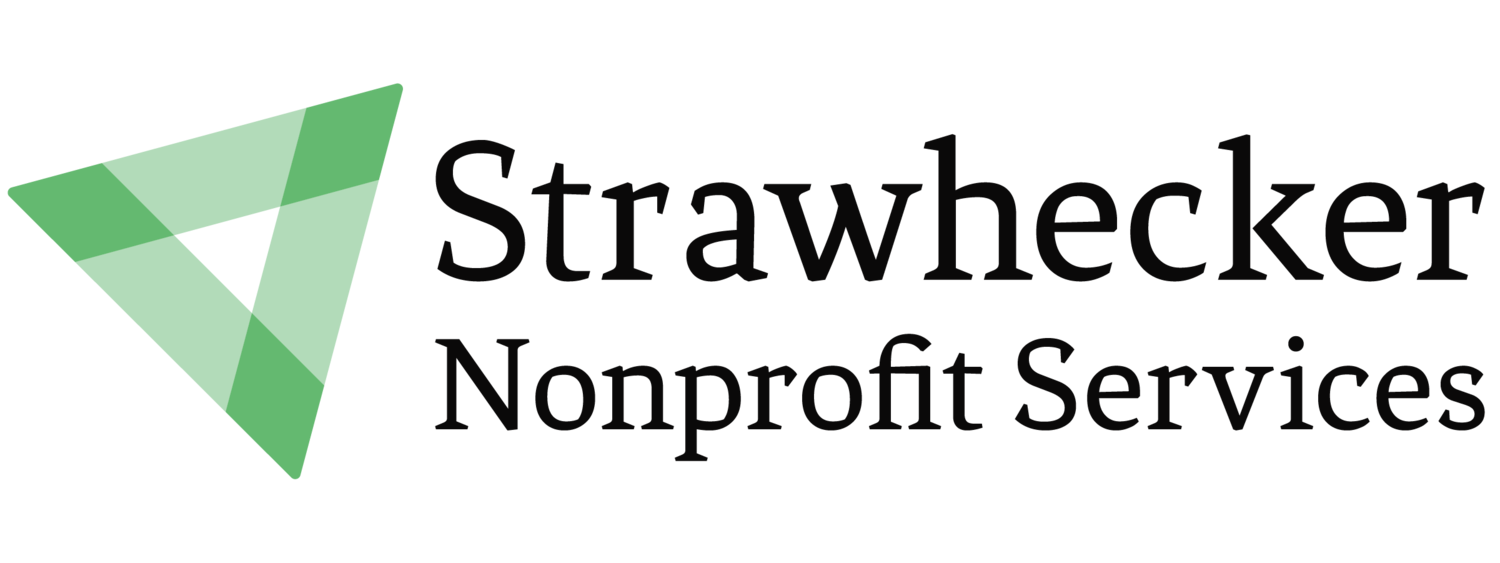When Your Organization Needs a Feasibility Study
Launching a capital or endowment campaign is a major milestone for any nonprofit. It’s a signal of growth, vision, and ambition—but also one of risk. That’s why the most successful campaigns don’t start with public announcements or design plans. They start with listening. And that’s exactly what a feasibility study enables you to do.
What is a feasibility study?
A feasibility study is a crucial first step that allows your organization to gauge donor interest, test your case for support, and assess whether your community is ready to back your vision with significant gifts.
This confidential, third-party assessment is conducted before a capital or endowment campaign. It includes interviews with key stakeholders—major donors, board members, community leaders, and others—to evaluate:
Your organization’s reputation and positioning
The appeal of your campaign’s goals
Willingness of donors to give (and how much)
Strength of leadership and volunteer base
Potential challenges or barriers
At the end, your consulting partner provides a detailed report and recommendations about timing, goal setting, staffing, messaging, and more.
Why a feasibility study matters
A feasibility study is not just about determining if a campaign is possible—it’s about finding out how to make it successful.
Feasibility study benefits include:
Data-driven planning: Avoid guesswork and make strategic decisions based on donor feedback.
Risk reduction: Identify potential roadblocks early—before they become costly mistakes.
Stronger donor relationships: Engaging key stakeholders in the study builds buy-in and surfaces your campaign’s future champions.
Leadership clarity: Align board members, executive staff, and fundraisers with a shared strategy.
Realistic fundraising expectations: Determine a credible range of funds your donor base is willing and able to support—so your campaign goals are both ambitious and achievable.
When is a feasibility study essential?
We recommend conducting a feasibility study when:
You’re preparing for a major capital or endowment campaign: If you’re raising $1 million or more, a feasibility study is not optional—it’s foundational.
You need to validate your campaign vision: Do donors value what you’re prioritizing? Are they motivated by your case for support? We worked with a Midwest library who learned through a study that donors cared far more about flexible community space than archival preservation. That insight reshaped their messaging and improved fundraising results.
You’re facing internal doubt or divergence: If your leadership team or board is uncertain about your organization’s fundraising potential, a feasibility study offers clarity grounded in external voices.
You’ve never undertaken a campaign of this size: Many nonprofits overestimate what their donor base can support—or underestimate it. A study provides realistic benchmarks.
Why choose an experienced partner?
Not all feasibility studies are created equal. The questions asked—and how the answers are interpreted—can make or break your campaign strategy. With more than 30 years of experience conducting feasibility studies across the nonprofit sector, we know how to listen between the lines, uncover hidden potential, and offer clear, strategic guidance.
We’ve worked with human service agencies, cultural institutions, healthcare providers, and faith-based organizations, helping them raise anywhere from $1 million to $25 million. In every case, the feasibility study was the turning point between vision and implementation.
For more on feasibility studies, check out our article, Is a Philanthropic Planning (Feasibility) Study a Good Idea?
Are you ready to take the next step? Let’s work together!
Bob joined Strawhecker Nonprofit Services in 2012 as an associate, where his passion for philanthropy and commitment to excellence quickly propelled him into the role of Project Manager. In this position, Robert has played a key role in managing and executing a wide variety of initiatives, including philanthropic planning (feasibility) studies, capital campaigns, and comprehensive grant planning for clients. His work extends to major gift fundraising, staff and volunteer training, annual campaigns, and public relations.

